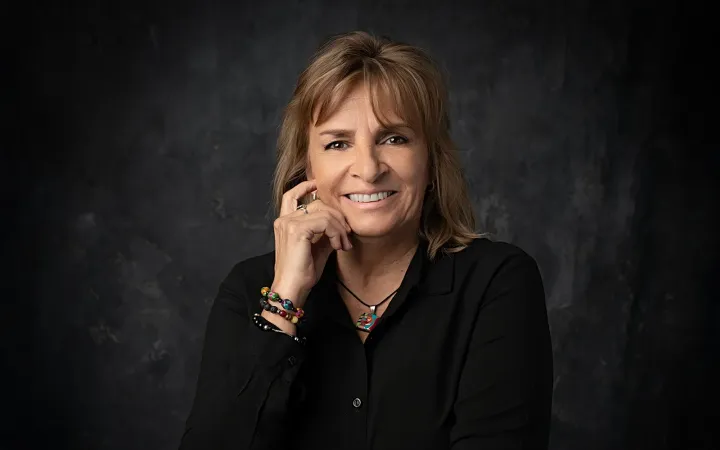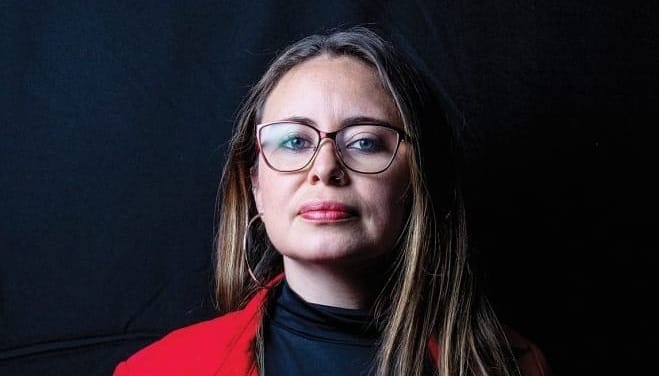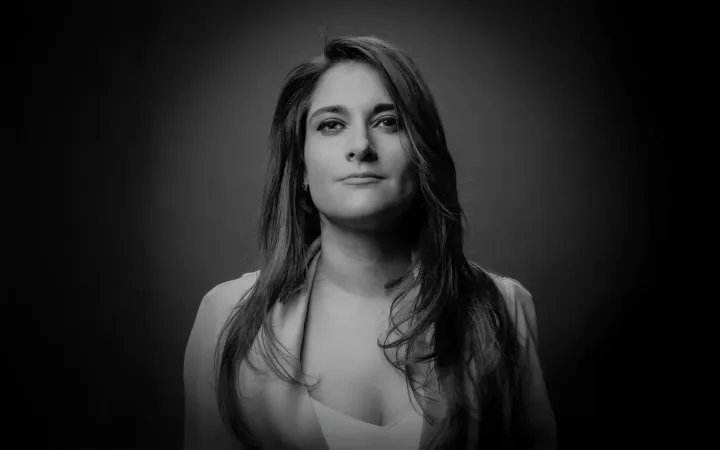Por Juana Inés Dehesa

En la Venecia del siglo XVIII existían conventos donde recibían niñas huérfanas y expósitas, y les enseñaban varios oficios, entre ellos, a llevar una casa y a hacer música.
Me topé con ese dato hace unos días, mientras peleaba a muerte con una traducción sobre Vivaldi. Durante muchos años, Vivaldi fue profesor de violín en uno de estos conventos, y ello le permitió no sólo ejercer su oficio y mantenerse, sino educar a varias generaciones de jóvenes.
Traigo a la conversación este dato, anecdótico sólo en apariencia, porque vino a insertarse de manera precisa en la conversación sobre Tiempo de mujeres, el conjunto de ensayos coordinado por Karina Vaquera sobre la situación de las mujeres en diferentes ámbitos de la vida mexicana, donde yo colaboré con un ensayo sobre las mujeres y la cultura en el México contemporáneo.
Mi posición es muy sencilla: la cultura es, al mismo tiempo, la forma que hemos encontrado los seres humanos para imaginar otros mundos, y una actividad productiva muy poco valorada. Si bien entendemos la cultura como lo que nos salva, lo que nos distingue, lo que nos permite construir y embellecer, negamos apoyos a las creadoras y las condenamos a una vida de precariedad económica y laboral, donde ejercer nuestro oficio, nuestro quehacer, implica renunciar a sostener a una familia.
Qué distinta es esta idea de la de la sociedad veneciana del XVIII. En ella, enseñar música a las niñas implicaba darles un oficio, esto es, armarlas para insertarse en una sociedad productiva. Por el contrario, hoy, en el México del XXI, la cultura es algo que se aplaude, pero no se paga, y que a pesar de que se dice que es importante, ocupa un lugar ínfimo en la vida escolar.
Cuánto mejor nos iría a todas si esto cambiara; si entendiéramos que la cultura, además de enriquecer el alma y verse bonita en los museos, sirve para resistir y para subsistir, que la exposición a manifestaciones culturales puede representar para una niña la posibilidad de pensarse distinta, y elegir otro destino, y por ello es deber del Estado procurar políticas públicas y educativas que den espacio y apoyo a las creadoras, para ejercer nuestro quehacer, sí, pero también para enseñarlo. Sólo así la cultura servirá para salvarnos; sólo así estaremos brindando armas para hacer frente al mundo. Lo demás, lo siento mucho, es demagogia.
*Juana Inés Dehesa (Ciudad de México, 1977) es escritora y formadora de usuarios plenos de cultura escrita. Su libro más reciente es ¡Ping! (México, Océano, 2021).
Las opiniones expresadas son responsabilidad de sus autoras y son absolutamente independientes a la postura y línea editorial de Opinión 51.






Comments ()